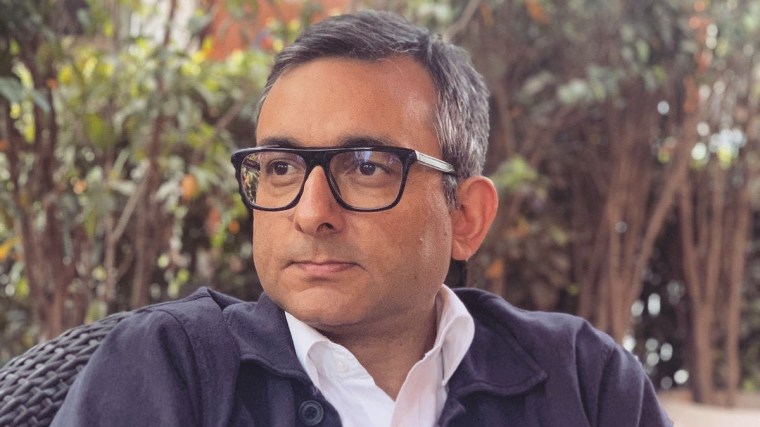The Punjab and Haryana High Court has stayed an order requiring journalist Rahul Pandita to pay INR7.5 million (US$89,800) in defamation compensation to senior paramilitary officer Harpreet Singh Sidhu, according to news reports. This stay will remain in effect until the next hearing, scheduled for October 21.
On March 5, an appellate court ordered Pandita, an independent journalist and author, to pay the original ask of INR5 million (US$59,900) plus 6% interest, totaling INR7.5 million, from the date of the suit’s filing. This compensation was for Sidhu’s alleged “loss of reputation and goodwill, mental agony, and hardship due to unfounded derogatory remarks.”
On May 28, the high court stayed the appellate court’s decision after it was revealed that Pandita was not even aware of the trial proceedings against him and had no opportunity to defend himself, according to CPJ’s review of the court ruling.
The order stemmed from a December 13, 2014, report by Pandita, who worked with The Hindu newspaper as an opinion and special stories editor at the time, that has since been withdrawn but was reviewed by CPJ. While it is not clear why the publication withdrew the story, The Hindu initially defended Pandita’s report in a response to Sidhu’s legal notice to the publication as fair comment, according to the Mumbai Press Club.
The report accused Sidhu of negligence in his duties as Inspector general of Central Reserve Police Force (CRPF) operations in Chhattisgarh. The original defamation suit filed by Sidhu was dismissed by a lower court in Mohali on September 16, 2017, but Sidhu challenged this judgment, leading to the appellate court’s recent decision.
The report claimed that Sidhu did not perform his duties properly during a Maoist attack on December 1, 2013, which resulted in the deaths of 14 people. Pandita alleged that Sidhu took nearly four hours to reach the location despite being only 400 meters (440 yards) away. Sidhu contested these allegations, which were summarized in a statement published by The Hindu, asserting that he was the first to reach the troops and provided proper leadership.
In his defense, Pandita’s lawyers argued that the report was not personal, did not invade Sidhu’s privacy, and was written with due care and caution, according to a news report reviewed by CPJ. They emphasized that the articles were published as part of Pandita’s journalistic duties and were based on eyewitness accounts and responses from CRPF officials.
“The articles were published in relation to the conduct of a public servant, in exercise of public duties, and thus the respondent being a public servant cannot question foul play,” Pandita’s legal team argued. Pandita also maintains that he reached out to Sidhu’s superiors for their right to reply, and that their responses were included in the story.
Pandita declined to respond to CPJ’s request for comment, and Sidhu has not yet replied to CPJ’s text message.
